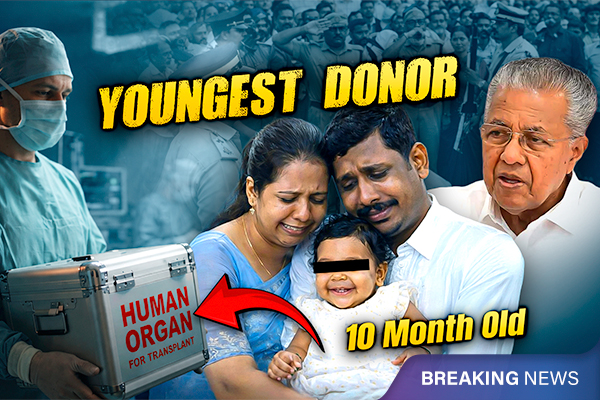700 Indian Students to be Kicked Out of Canada?
Around 700 Indian students in Canada are protesting against the possibility of deportation.
Around 700 Indian students in Canada are protesting against the possibility of deportation. The Canada Border Services Agency (CBSA) has recently issued deportation letters to as many as 700 Indian students.
The letters were issued after the CBSA found that the students' admission offer letters were fake. Students claim that they arrived in Canada in 2018, but the fake letters only came to light now, five years later, when they applied for permanent residency.
Many students who wanted to study in Canada, applied to colleges through an agent. They received their admission letters and on the basis of the admission letter, got their visa. When they arrived in Canada their agent told them that the seats were full in the colleges for which they had received admission letters for. He told them that universities were overbooked so he can transfer the students to another college. Since the students did not want to lose a year, they agreed. The students changed their college and finished their studies. Many of them were working while studying and many have even got jobs after their education. They pay taxes and contribute to the economy of Canada. But now three-fives years later, they were told by the CBSA that the admission letter on the basis of which they had received our visas was fake. Many of the students are from Punjab. Notably, the list of colleges, where these students got admission includes some of the reputed colleges. It has been revealed that these students applied through Jalandhar-based Brijesh Mishra, who helped students with their visa applications. Meanwhile, Mishra – the Jalandhar-based consultant, remains at large. A first information report was lodged against the accused in India and the license of Mishra’s firm was cancelled
Lovepreet Singh, a protesting student said, "We request the Indian government to raise this issue with the Canadian government. We are innocent and have been scammed. Our lives are at stake, many are even suicidal due to this. 700 is an estimate, the real number of affected students is higher as many are suffering in silence and not coming forward. I got a deportation notice for June 30. We put our lives' savings to come to Canada and now we have been asked to go back.” Hundreds of students were sitting outside the Canadian Border Services Agency (CBSA). They hold banners that say ‘Unite against deportation’, ‘Stop deportation’ and ‘We want justice’. The aggrieved students said their protest would continue till the deportation process was stopped. The students laid mattresses and slept in the open at night. Punjab's NRI Minister Kuldeep Singh Dhaliwal has sought the intervention of External Affairs Minister (EAM) S Jaishankar. The alleged victims, most of whom hail from Punjab, have been receiving support from politicians in Canada. The Punjab government has also reached out to the Central Government for its intervention in the matter.
As the students continued their protests on the streets, the issue reached the Canadian parliament where New Democratic Party (NDP) leader Jagmeet Singh asked Prime Minister Justin Trudeau if he would stay the deportation of these students and help them get permanent residency. Prime Minister Trudeau in response said, “Our focus is on identifying the culprits, not penalising the victims.Victims of this fraud will have an opportunity to demonstrate and present evidence for their case. We recognise the immense contributions that the international students bring to our country."
Two Australian universities - Federation University in Victoria and Western Sydney University in New South Wales - have separately announced bans on the intake of students from some Indian states citing concerns over a rise in fraudulent visa applications. The education agents were instructed to not consider students from Punjab, Haryana, Gujarat, Uttarakhand, Uttar Pradesh, and the Union Territory of Jammu and Kashmir. The report indicated that one in four applications is now deemed “fraudulent” or “non-genuine” by the country's Department of Home Affairs.







